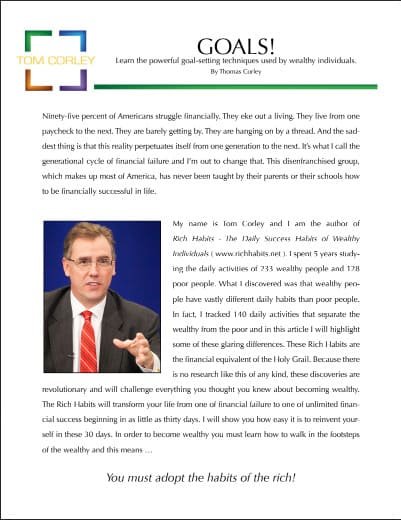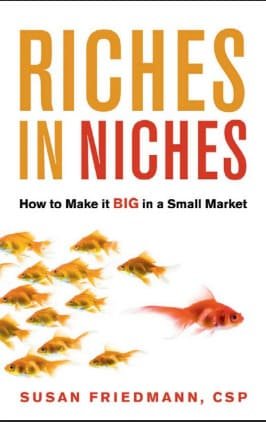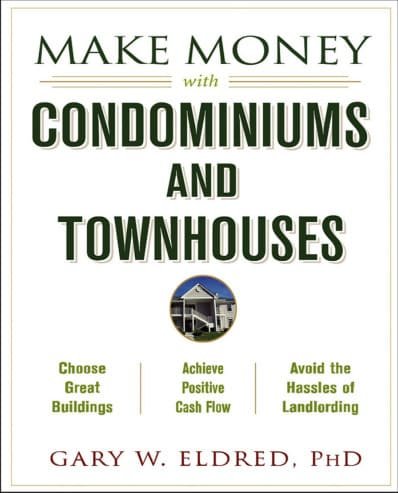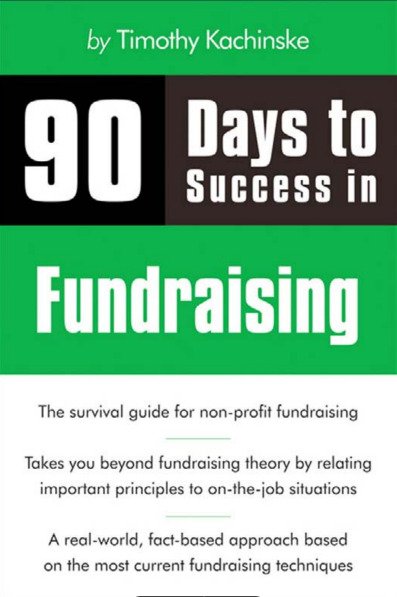Description
According to the Internal Revenue Service, only 5% of all individuals who file an income tax return
make $155,000 or more per year. That works out to approximately 6.9 million individual tax filers.
This 5% group is responsible for paying the majority of the personal income tax the IRS receives
each year. This is also the group that has adequate retirement savings, six months worth of monthly
income savings for emergencies, little to no debt, college costs funded for their children and/or
grandchildren, take nice vacations, have significant home equity in their modest to above average
homes, good health insurance coverage and adequate life insurance in the event of death. It is this
5% that many in America call the rich.
To most Americans, rich people keep getting richer and the poor stay poor. There is a lot of truth
to that and there are reasons for this that go far beyond some Wall Street conspiracy, class warfare
or inheritance. In order to solve for generational cycles of wealth and poverty we need to under-
stand why some people become wealthy and why most people remain poor. What is it that these
rich people are doing that sets them apart from the rest of America? Why do wealthy families raise
wealthy children? Why do poor families raise poor children?






Reviews
There are no reviews yet.